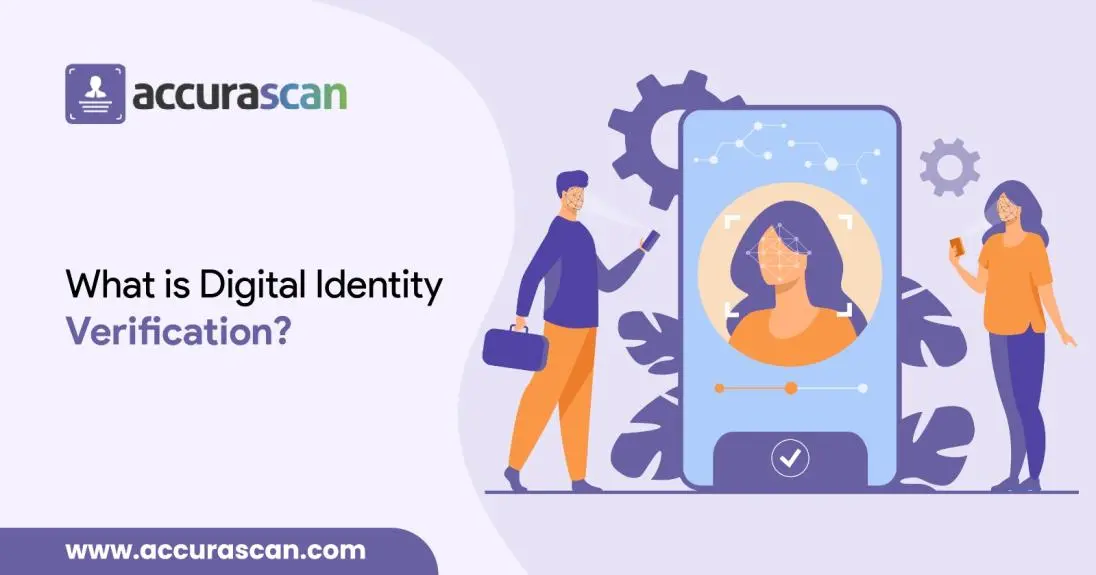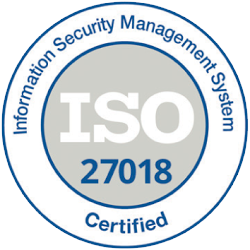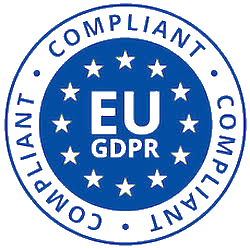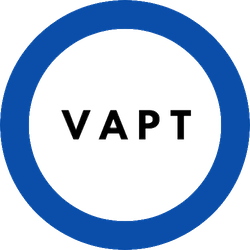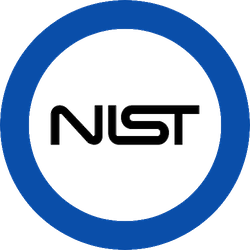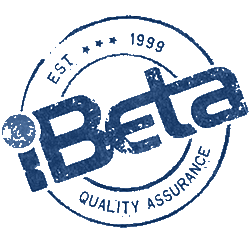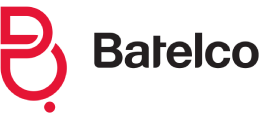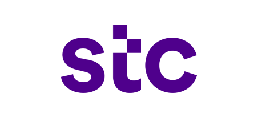Digital identity verification is the process of confirming that a person is who they claim to be online. It involves verifying their personal information and data using modern technology. Digital identity verification is essential for businesses that operate online, as it helps them prevent fraud, comply with regulations, and enhance the customer experience. Accura Scan, a leading provider of Global Digital KYC, Identity verification, and Customer Onboarding suite is at the forefront of providing solutions that protect businesses from the risk of fraud and scams that happen during the customer onboarding / KYC stages. It helps different sectors like banks, FI, investment firms, hospitality, airport authorities, insurance, and any industry/business that wants to verify and onboard their customers without the risk of fraud.
Why Verification for Digital Identity Became Necessary?
The world is becoming more & more digitalized on a daily basis, and so are the services and products that people use. Whether it is banking, communications, shopping, traveling, healthcare or gaming, people can access everything they need online with just a few clicks. However, this also means that there are more opportunities for cyber criminals to exploit the vulnerabilities of online platforms and steal personal and financial information from unsuspecting users.
Identity theft is one of the most common and costly forms of cyber-crime, affecting millions of people and businesses every year. According to a report by Javelin Strategy & Research, identity fraud losses reached $56 billion in 2020, with 49 million consumers in the US alone becoming victims of identity theft. Identity fraud can have serious consequences for both individuals and businesses, such as financial losses, reputational damage, legal liabilities, and customer dissatisfaction.
To combat identity theft & frauds, and protect their customers and themselves, businesses need to establish and verify the identities of their users online. This is where Accura Scan’s digital identity verification solutions come in. By using advanced technology such as artificial intelligence (AI), Machine Learning (ML), optical character recognition (OCR), iBeta Level 2 compliant facial biometrics & liveness detection, Accura Scan’s digital identity verification can help businesses verify their users in a fast, accurate, and secure way.
Benefits of ID Verification Service
Digital identity verification offered by Accura Scan brings many benefits for businesses such as:
Enhanced security: Digital identity verification can help businesses detect and prevent identity theft & fraud by verifying the authenticity of the documents and biometrics provided by the users. Accura Scan is a global digital identity verification solution provider that uses AI & ML powered technologies such as the OCR to scan and extract data from ID cards, passports, and driver’s licenses in real-time. It also uses facial recognition and iBeta Level 2 compliant liveness detection to verify that the user is the same person as the document holder. Accura Scan’s SDK can work offline and across multiple platforms, making it a reliable and convenient solution for businesses.
Improved compliance: Digital identity verification can help businesses comply with various regulations and standards that require them to record & verify their customers’ identities. For example, the Know Your Customer (KYC) and Anti-Money Laundering (AML) regulations require financial institutions to verify their customers’ identities and conduct due diligence checks before providing them with services. Accura Scan can help businesses comply with these regulations by screening their customers against global watchlists, sanctions, and adverse media sources. Accura Scan solutions are GDPR certified ensuring that it meets the highest standards of data privacy and iBeta Level 2 compliant signifying the highest levels of detection & defence against spoofing attacks. It is the only company from India, Singapore, APAC & the ME to have achieved this compliance.
Increased customer satisfaction: Digital identity verification can help businesses improve their customer experience by providing them with a seamless and frictionless onboarding process. By using Accura Scan’s digital identity verification, businesses can reduce the time and effort required for verifying their customers’ identities, as well as eliminate the need for manual data entry and human errors. Accura Scan can help businesses verify their customers in less than 10 seconds, using only their mobile devices. Accura Scan can also be customized and integrated with any third-party application using its web SDK/API, making it a flexible and scalable solution for businesses.
Reduced Operational Costs: Efficiency in identity verification processes can lead to significant cost savings for businesses. By automating these processes with digital identity verification services, companies can reduce the need for manual labor, paperwork, and error corrections. This efficiency translates into not only lower operational expenses but also faster onboarding and increased revenue generation.
Fraud Detection and Prevention: Aside from preventing identity fraud, digital identity verification services like Accura Scan can also assist in detecting and preventing other forms of fraud. These services often include sophisticated algorithms that analyze patterns and anomalies in user behaviour, helping businesses identify and thwart various fraudulent activities.
How does the Identity Verification Process Work?
The identity verification process using digital identity verification typically involves the following steps:
Step 1: The user initiates the identity verification process by providing their personal information and consent.
Step 2: The user scans their ID document using their mobile device’s camera or uploads an image of their document.
Step 3: The digital identity verification service uses OCR to extract the data from the document and validates its authenticity using various checks such as NFC, MRZ codes, etc
Step 4: The user takes a selfie using their mobile device’s camera.
Step 5: The digital identity verification service uses facial recognition to compare the face in the selfie or video with the face in the document. It also uses iBeta level 2 compliant liveness detection to ensure that the user is present and alive during the verification process to protect your business from spoofing attacks / deepfakes.
Step 6: The digital identity verification service performs additional checks such as AML screening, geolocation verification, device fingerprinting, etc., depending on the business’s requirements.
Step 7: The digital identity verification service returns a result of either verified or not verified, along with a confidence score and a reason for the outcome.
Identity Verification Regulations and Standards
Digital identity verification is subject to various regulations and standards that aim to ensure its security, accuracy, and privacy. Some of the most important ones are:
General Data Protection Regulation (GDPR): GDPR is a regulation that governs the processing of personal data in the European Union. It grants data subjects the right to access, rectify, erase, restrict, and object to the processing of their personal data, as well as the right to data portability and the right to be forgotten. It also imposes obligations on data controllers and processors to ensure the lawfulness, fairness, transparency, accuracy, security, and accountability of their data processing activities. GDPR also requires data controllers and processors to obtain the explicit consent of the data subjects before processing their personal data for identity verification purposes.
iBeta Level 2 Compliance: iBeta Level 2 is a certification that evaluates the performance and quality of biometric systems. It is based on the ISO/IEC 30107-3 standard, which defines the testing methodology for presentation attack detection (PAD) in biometric systems. PAD is the ability of a biometric system to detect and reject fake or spoofed biometric samples, such as photos, videos, masks, etc. iBeta Level 2 compliance means that a biometric system has passed the PAD testing with a false acceptance rate (FAR) of less than 0.01% and a false rejection rate (FRR) of less than 5%. Accura Scan has achieved iBeta Level 2 compliance with an FAR (False Acceptance Rate) of 0% and an FRR (False Rejection Rate) of less than 5%. This means that not a single error was detected during the rigorous tests conducted.
Financial Action Task Force (FATF): FATF is an intergovernmental organization that sets the global standards for combating money laundering, terrorist financing, and other related threats. FATF issues recommendations and guidance for countries and businesses to implement effective measures for preventing and detecting financial crimes. FATF also monitors and evaluates the compliance and progress of its members and non-members in implementing its standards. FATF’s recommendations and guidance cover various aspects of identity verification, such as customer due diligence, record-keeping, reporting, risk assessment, etc.
Conclusion
In an age where the digital landscape continues to expand, businesses must adapt to the challenges and opportunities it presents. Digital identity verification has emerged as a vital tool for ensuring security, regulatory compliance, and seamless customer experiences. Accura Scan, as a GDPR and iBeta Level 2 compliant organization, plays a crucial role in helping businesses worldwide achieve these objectives.
By harnessing the power of identity verification services, businesses can not only protect themselves from fraud but also build trust with their customers, save costs, and expand their global reach. As technology continues to advance, the role of digital identity verification in the business landscape is only set to grow, making it an essential investment for organizations of all sizes and industries.
In conclusion, digital identity verification is not just a necessity for businesses; it’s a strategic advantage that can drive growth and success in the digital age.

